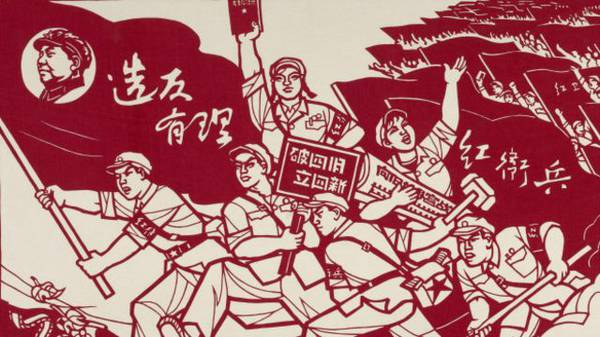The background of my books

I am glad that all three volumes of my trilogy have been published. Also the Chinese version of the first volume, Sailing across the Red Storm will be published this summer in USA. Sailing across the Red Storm is a historical-romance fiction with the background of the Cultural Revolution in China between 1960s and 1970s. It is the first fiction published in the West,describing panoramically this miserable and shocking historical event. There are some books published in the West about the Cultural Revolution. But most of them are biography or autobiography.
Even in China, there are very few fictions describing the Cultural Revolution in details, as this tragic event is a political stain for the Communist Party. They tend to prefer people to forget it. If the plots of some novels involving this event, the authors have to avoid describing the tragic scenes like killing or suicide. But actually, there are several millions people were persecuted to death during this 10 years disaster. I was put into jail and tortured when I was just 19 years old during this ‘revolution’, just because I criticized secretly the chaos caused by this fanatic movement. My family and many relatives and friends all suffered from torment and persecution. My parents, who were university professor and lecturer, were persecuted. One of my uncles, who was a chief engineer in a power station, was persecuted to death. One of my aunts, who was a scientist, took suicide. A nephew escaped to remote maintains and never returned. So for me, my family, relatives, friends and most of Chinese people, Cultural Revolution is a horrible nightmare.
The Cultural Revolution actually is a power struggle, during which Chairman Mao tried to take back his lost power. He failed in a radical economic movement in 1958 and had to give his power to Chairman Liu and other leaders. But his desire for power could not reconcile himself to failure. So he launched a political movement in name of “cultural Revolution’ in 1966, inciting the Red Guards to strike down the leaders he did not like and regained his superpower. But this 10 years catastrophe almost destroyed the country in all aspects such as economy, education, culture and social relationship. Numerous social elites were persecuted to death. People lived under horrible high political pressure and in poverty.
Different from Stalin’s Great Purge, during the Cultural Revolution, Chairman Mao did not only stroked down the top leaders, but also persecuted landlords, capitalists and those who used to serve the old regime. He particularly did not like intellectuals, as they had independent thinking and could easily see through his political tricks. That is why during many political movements, esp. the Cultural Revolution, millions of well-educated people were persecuted.
In1949,Chinese Communist Party defeated the National Party, establishing the New China. At that time, Chinese people sincerely believed that communism or socialism would bring bright future to them. Yet the endless political movements and failure in economy, particularly the Cultural Revolution, let Chinese people feel disillusioned. By theory, socialism or communism is a perfect political faith, but historically it is a failed social trail. Almost all socialist counties, led by the Soviet Union, suffered from dictatorship, bureaucracy and poverty. In the end, they had to choose different social systems. In China, after the Cultural Revolution, although the Chinese Communist Party remains the ruling party, it had to give up the rigid Stalinist socialism, drawing lesson from the Cultural Revolution and carrying the political and economic reforms, which makes the country follow a better way to develop itself.
The picture is the city where the story unfolds